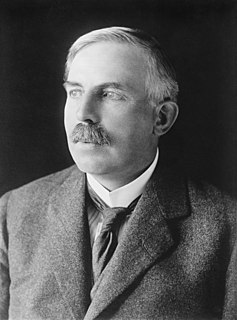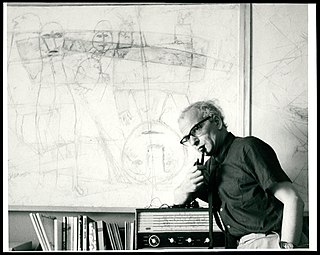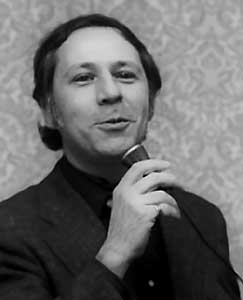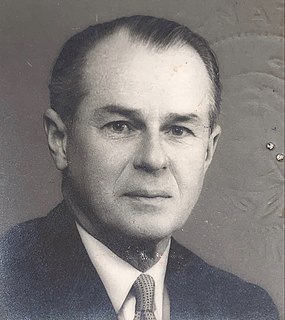A Quote by Ernest Rutherford
If your experiment needs statistics, you ought to have done a better experiment.
Quote Topics
Related Quotes
Unfortunately, all life on earth - the only life we know - represents, for all its current variety, the results of a single experiment , for every earthly species evolved from the common ancestry of a single origin. We desperately need a repetition of the experiment (several would be better, but let's not be greedy!) in order to make a judgement. Mars represents our first real hope for a second experiment - the sine qua non - for any proper answer for the question of questions.
To learn anything other than the stuff you find in books, you need to be able to experiment, to make mistakes, to accept feedback, and to try again. It doesn't matter whether you are learning to ride a bike or starting a new career, the cycle of experiment, feedback, and new experiment is always there.
In its essence the Gospel is a call to make the experiment of comradeship, the experiment of fellowship, the experiment of trusting the heart of things, throwing self-care to the winds, in the sure and certain faith that you will not be deserted, forsaken nor betrayed, and that your ultimate interests are perfectly secure in the hands of the Great Companion. This insight is the center, the kernel, the growing point of the Christian religion, which, when we have it, all else is secure, and when we have it not, all else is precarious.
The principle of science, the definition, almost, is the following: The test of all knowledge is experiment. Experiment is the sole judge of scientific "truth." But what is the source of knowledge? Where do the laws that are to be tested come from? Experiment, itself, helps to produce these laws, in the sense that it gives us hints. But also needed is imagination to create from these hints the great generalizations--to guess at the wonderful, simple, but very strange patterns beneath them all, and then to experiment to check again whether we have made the right guess.
As soon as the circumstances of an experiment are well known, we stop gathering statistics. ... The effect will occur always without exception, because the cause of the phenomena is accurately defined. Only when a phenomenon includes conditions as yet undefined,Only when a phenomenon includes conditions as yet undefined, can we compile statistics. ... we must learn therefore that we compile statistics only when we cannot possibly help it; for in my opinion, statistics can never yield scientific truth.


































